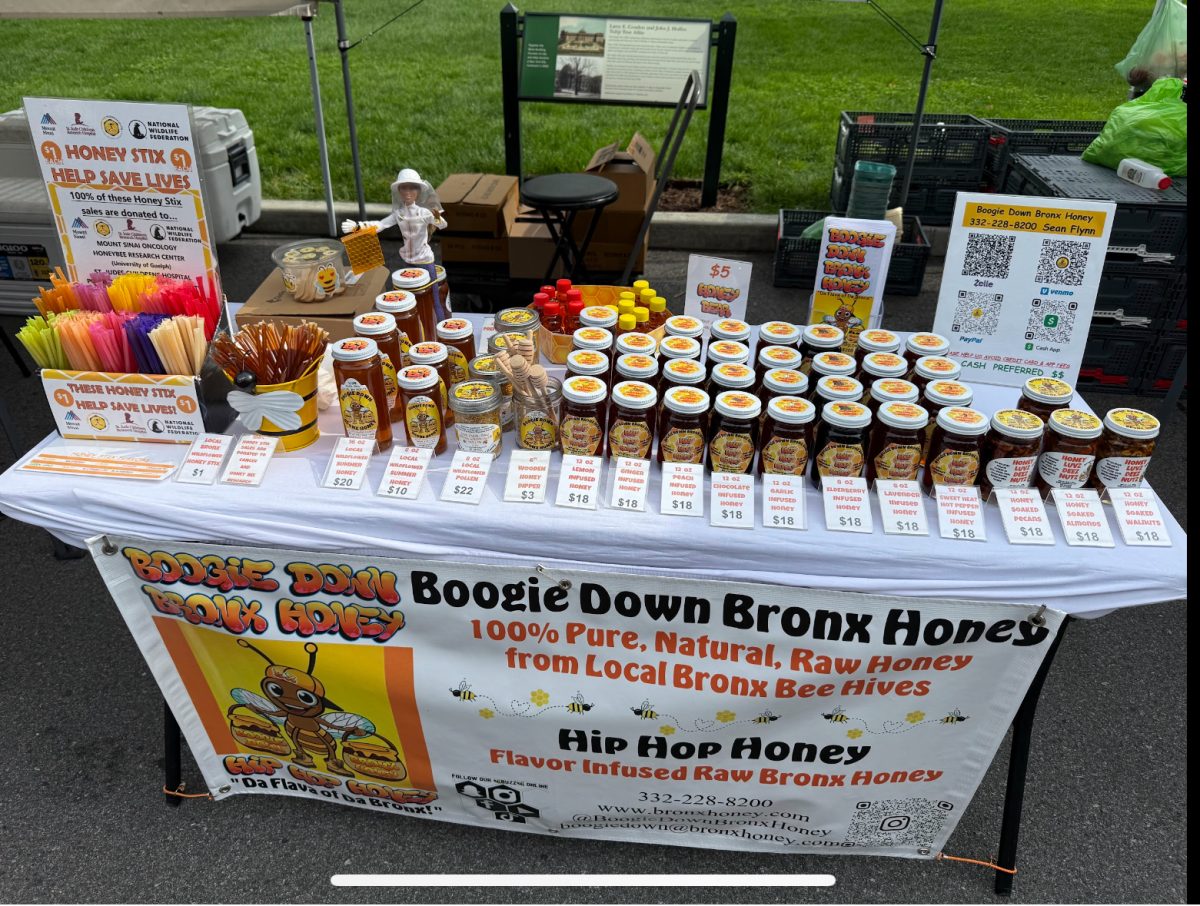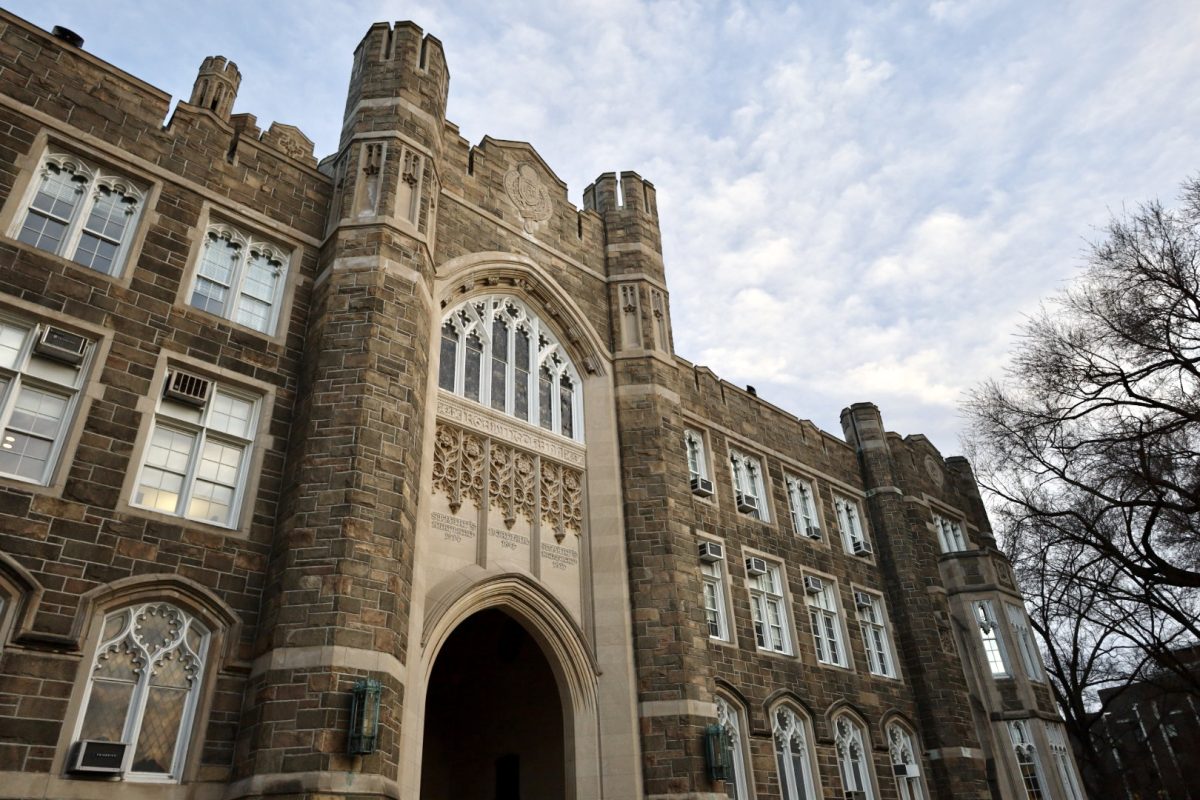By Erin Shanahan

Trevor Noah’s journey to his career as a comedian and frontman of “The Daily Show” actually began with a criminal act: his birth.
Noah was born during the time of the South African apartheid to a white Swiss father and a black Xhosa mother. At this time, Noah’s parent’s relationship was punishable by several years in prison. Noah’s birth was living proof of their crime and, as a result, his true identity was hidden from the gaze of South African society at the time.
Now, as a popular and highly-visible figure in today’s society, Trevor Noah reflects back on his childhood and adolescence during the twilight of the apartheid in his book, “Born A Crime.”
Noah’s incisive wit and unflinching honest voice permeates through several detailed accounts of his dramatic and often devastating stories from his upbringing. He brings comedy into a story of a restless young man who struggles to find himself in a world where he was never legally supposed to exist.
Throughout Noah’s childhood, he was constantly searching for a place of belonging in a racially divided society; this proved to be quite difficult for a boy who felt effectively race-less. Noah’s genetic make-up was technically defined as “colored” in the eyes of the South African government, as he was born half Swiss and half Xhosa.
In South Africa, “colored” was not used as a derogatory term, but rather a term to describe someone who was half black and half white. As was the nature of apartheid, colored people lived together in racially designated sections of the metropolitan area on the Cape Flats.
Additionally, under apartheid, colored people received inferior educations to Whites. However, Noah learned through his experiences that living conditions for colored people were, for the most part, better than that of Black South Africans.
Despite Noah’s genetic makeup, he was brought up in a Black South African community. Noah’s mother socialized her son in this way purposefully in order to protect herself and her son from the crime she committed with his father. However, Noah did not look black and therefore was often ostracized by the black community he lived in. In addition, although he looked colored, Noah never felt fully comfortable with other colored children because he was brought up in a black family in black communities.
Even his schools were racially divided in classrooms and social interactions. Noah quickly learned that his confusing racial identity would create many obstacles in his life; however, he also learned that his diversity could be used as an asset.
Although Noah did not necessarily belong to a specific community of people, he also was not completely excluded from a community. Noah’s diversity made him relatable to everyone, especially considering his linguistic prowess as a child. Noah is a polyglot; he speaks many languages common in many South African cultures including English, Xhosa, Zulu, Sotho, Tswana, Tsonga, Afrikaans and some German and Spanish. This communication skill combined with his intricate racial affiliations made it possible for him to touch the lives of many different people.
Noah’s uncanny ability to relate to practically everyone in some way is at the basis of his professional comedic success in the world. “Born a Crime” shows his personal development from a confused and unaccepted boy to the popular and appreciated figure he is in today’s pop-culture scene.
His narration is hilarious, dramatic and deeply affecting. Noah somehow describes dining on caterpillars for dinner during hard times, being thrown from a moving car during an attempted kidnapping and trying to get a date in high school with not only immense sincerity but also impressive and shocking humor.






































































































































































































